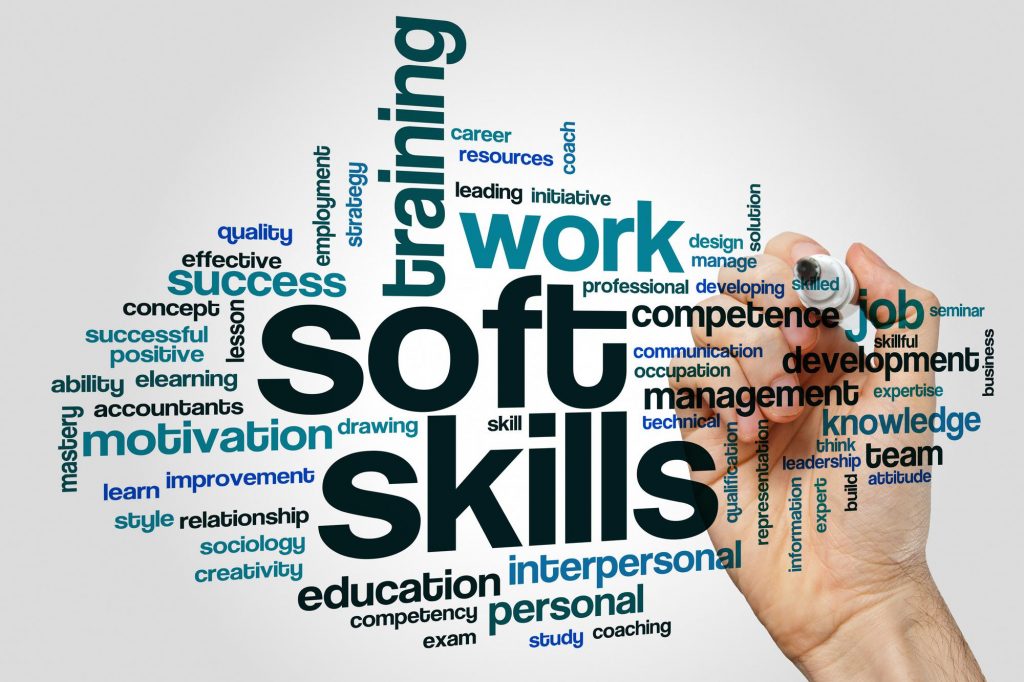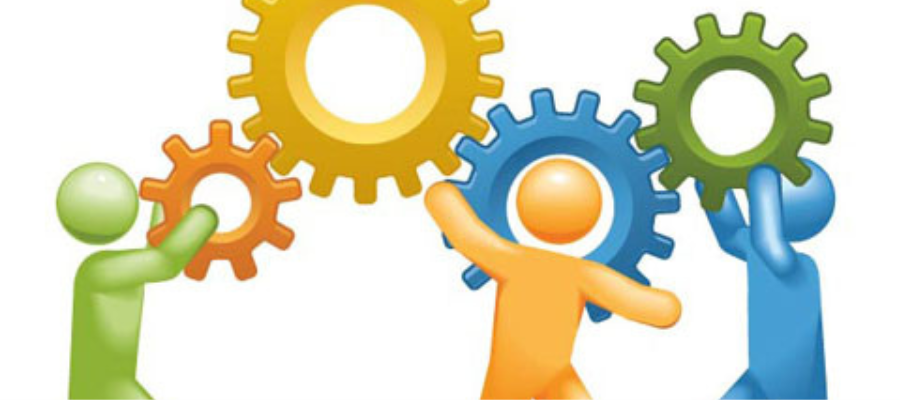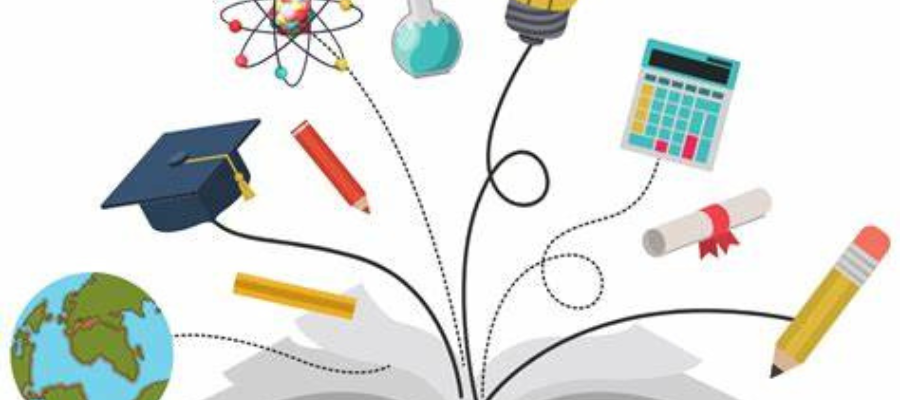Soft Skills That Are More Important Than Your Degree


In today’s fast, evolving world, a college degree is no longer the magic ticket it once was. Although academic certification certainly opens doors, rarely does it all but guarantee successful, long-term achievement in the workplace. Employers are now more and more seeking not only technical expertise and know-how, but individuals with soft skills—they’re seeking the interpersonal, emotional intelligences that guide our interaction, our problem-solving capacity, and leadership.
Whether you’re a new graduate entering the workforce or a mid-level worker seeking to move up, gaining soft skills can add tremendous value to your resume in the eyes of potential employers. Let’s examine some of the most influential soft skills that carry more weight than your degree—and why gaining them may be the best career investment you ever make.
1. Communication Skills
You can have a PhD in rocket science and still not be able to give clear expression to your ideas, get along with your people, or write a decent email. Your expertise can never be fully used if you can’t communicate. Communication is not talking—it’s listening, presenting yourself clearly, and adjusting your message to your audience.
Effective communication smoothens the implementation of a project, lessens misunderstandings, and generates trust. In pitching an idea, resolving conflict, or speaking with customers, your communications skills can have a direct impact on your professional image.
How to develop it: Practice active listening, get people to read over your writing and speaking, and participate in discussion or public speaking clubs like Toastmasters.
2. Emotional Intelligence (EQ)
Emotional intelligence is the ability to understand, manage, and respond to your own emotions—and other people’s. People with high EQ are empathetic, strong, and excellent conflict managers. They build long-lasting relationships and typically do well in management roles, not because they are bossy, but because they know and inspire others.
A degree can teach you how to read data, but emotional intelligence teaches you how to read a room, navigate office politics, and motivate a team through challenging times.
How to develop it: Study your emotional responses, learn empathy, and develop self-awareness by keeping a journal or practicing mindfulness techniques.
3. Adaptability
The workplace today is changing. Lightning speed is with which technology is changing, with industries changing, and jobs getting changed. College education you obtain may become out of date after a couple of years. And that’s precisely why flexibility—that ability to learn, unlearn, and relearn—is precious than gold.
Employers want people who embrace change, not fear it. Whether it is switching to a new project management system, working with a new team, or drastically altering to an entire new function, adaptable people stay on course.
How to develop it: Stay curious, stretch yourself to new challenges, and cultivate a growth mindset. Instead of grumbling, “I can’t do this,” ask, “How can I learn this?”
4. Problem-Solving Skills
Degrees will usually instruct you as to what to think, but not how to think. Real-world problems are seldom given to you with a clear-cut solution or formula in a textbook. What employers seek is people who can think independently, think for themselves, consider a situation from several angles, and come up with innovative solutions.
Problem-solving isn’t about solving problems—it’s about persistence, creativity, and judgment. It’s what distinguishes someone who freezes up when the pressure is on from someone who responds with, “Let’s solve this.”
How to build it: Do puzzles, study case studies, or hackathons and brainstorming sessions. The more you work on tackling uncharted problems, the more confident you will become.
5. Teamwork and Collaboration
Very few jobs exist in a vacuum. In nearly every profession, you’ll need to collaborate with others—sometimes across cultures, time zones, and disciplines. Being a good team player means being open-minded, respectful, and willing to compromise when needed.
Teamwork also means understanding group dynamics and knowing when to lead and when to support. It’s a dance, not a solo performance.
How to build it: Engage in team activities, take on cross-functional assignments, and master how to give and receive constructive criticism.
6. Time Management
Degrees are normally tied with deadlines, but real time management is another sport altogether. Multitasking across several projects, meetings, and tasks—without being burned out—is an exhibition of discipline and intelligence.
Excellent time management skills are the signature of reliable and efficient professionals. They do not just work hard; they work smart.
How to develop it: Hire planners, electronic calendars, or productivity software. Prioritize your tasks through methods like the Eisenhower Matrix or Pomodoro Technique.
7. Leadership Skills
You don’t need a fancy job title to be a leader. Leadership is stepping up, inspiring others, and making decisions that benefit the team. It’s being accountable—not only for your own success, but for your team’s.
Good leaders possess some combination of the other soft skills: communication, empathy, problem-solving, and flexibility. Being a leader of a team or a project, leadership skills will make you stand out.
How to construct it: Do your own tasks, mentor, and learn from great leaders—ancient and contemporary—to observe how they work.
8. Creativity and Innovation
In a world of automation and artificial intelligence, creativity is one of the last things that remains uniquely human. Creativity isn’t art or music—it’s about thinking differently, generating new ideas, and developing new solutions to old problems.
Innovative employees are a huge value add as they make firms expand. They challenge the conventional and introduce curiosity to the company.
How to develop it: Engage in creative pastimes, brainstorm often, and be willing to fail. Even mistakes can create breakthrough concepts.
9. Work Ethic and Accountability
A solid work ethic is all about showing up on time, making deadlines, and being responsible—both for your successes and your mistakes. Workers that employers can count on without needing to watch every step are valued workers.
No degree in the world can replace commitment, tenacity, and ethics. When you make commitments and keep them, and have pride in what you produce, people get to know you.
How to develop it: Set your own standards, track your goals, and be accountable to yourself. Be open with your performance, and continually work to improve.
10. Networking and Building Relationships
It’s not so much what you know, but who. And more precisely, how you develop those relationships. Being able to relate to people on a human level—colleagues, clients, mentors—can open doors no degree ever could.
Others do business with individuals they like and trust. When you establish genuine relationships, you are an introducer, a resource, and a person people want to work with.
How to create it: Attend networking sessions, link up on professional platforms like LinkedIn, and do not be afraid to reach out to individuals you admire. But keep the purpose always to give value, not receive value.
Why Soft Skills Matter More Than Ever
In a world where machines can code, do math, and even excel on standardized tests, the only thing that remains human is soft skills. They are what make you human, friendly, and trustworthy, and capable of getting things done as part of a team. They cause you to grow not just as a professional, but as a person.
Consider it: You can be hired for your degree, but you’ll be promoted—or even retained—because of your soft skills. In fact, according to a LinkedIn Global Talent Trends report, 92% of hiring managers and talent professionals indicated that soft skills are as crucial or even more crucial than hard skills.
Your degree can open the door, but soft skills keep you in the room—and take you to the next level. In today’s more globalized and competitive job market, building these human skills can be the difference between being mediocre and being indelible.
So, as you spend money on certificates, degrees, and courses, do not neglect spending money on yourself as well. Read, think, communicate, collaborate, and lead. Because success at the end of the day is not about what you know—it’s about who you are.
Get assistance from Aara Consultancy!
We provide 360° Solution for your Education Needs. Contact us






